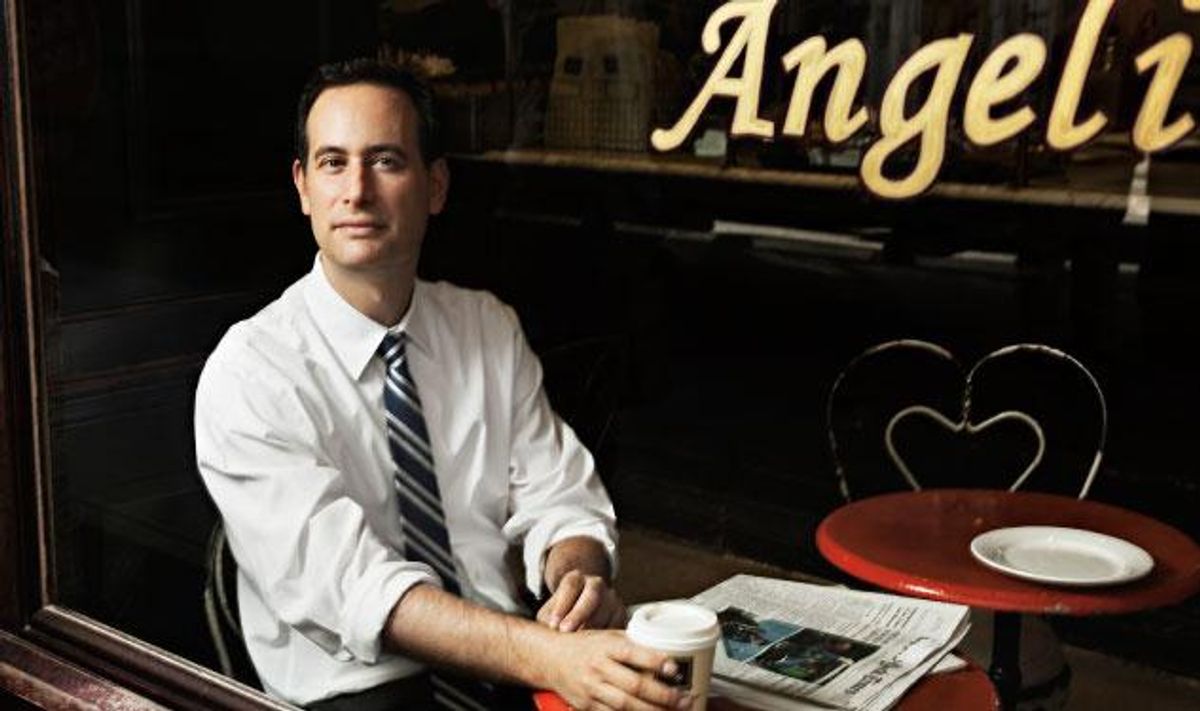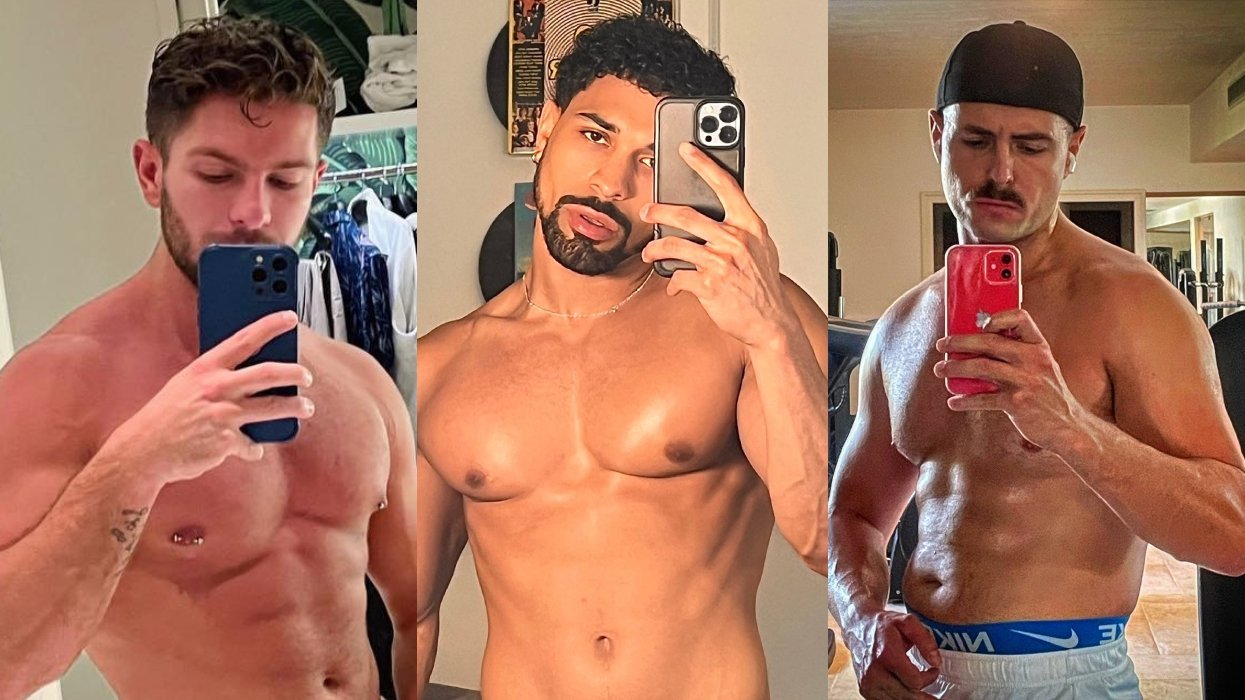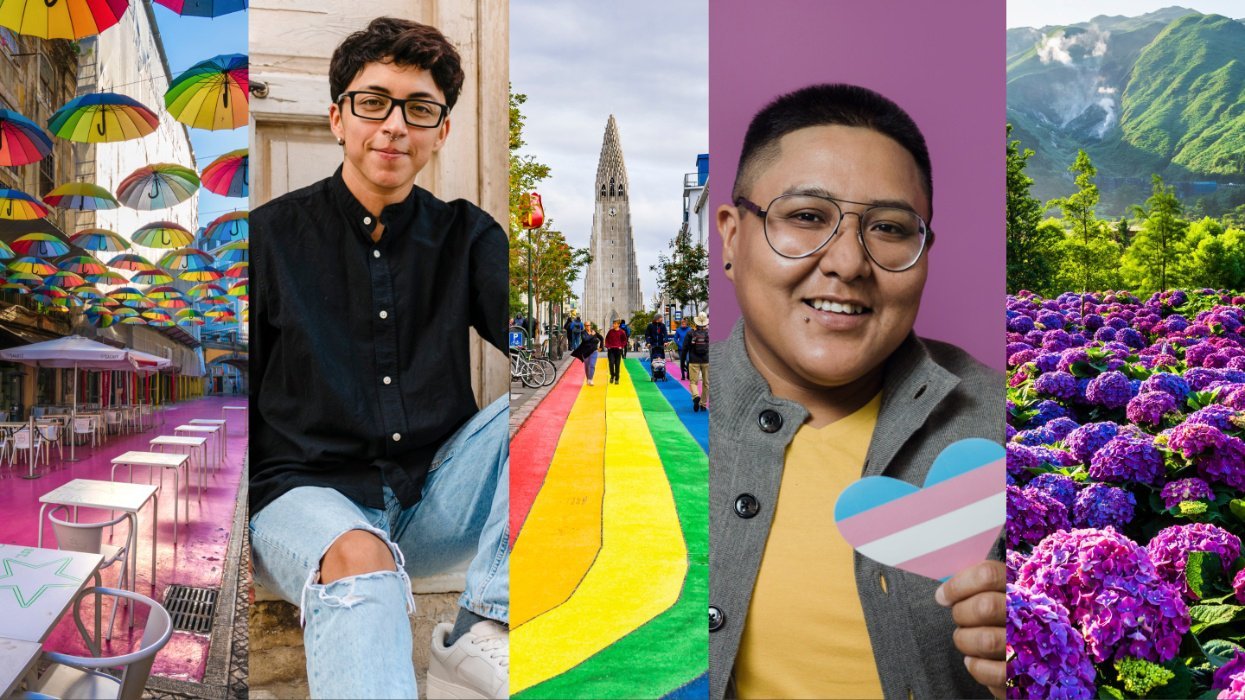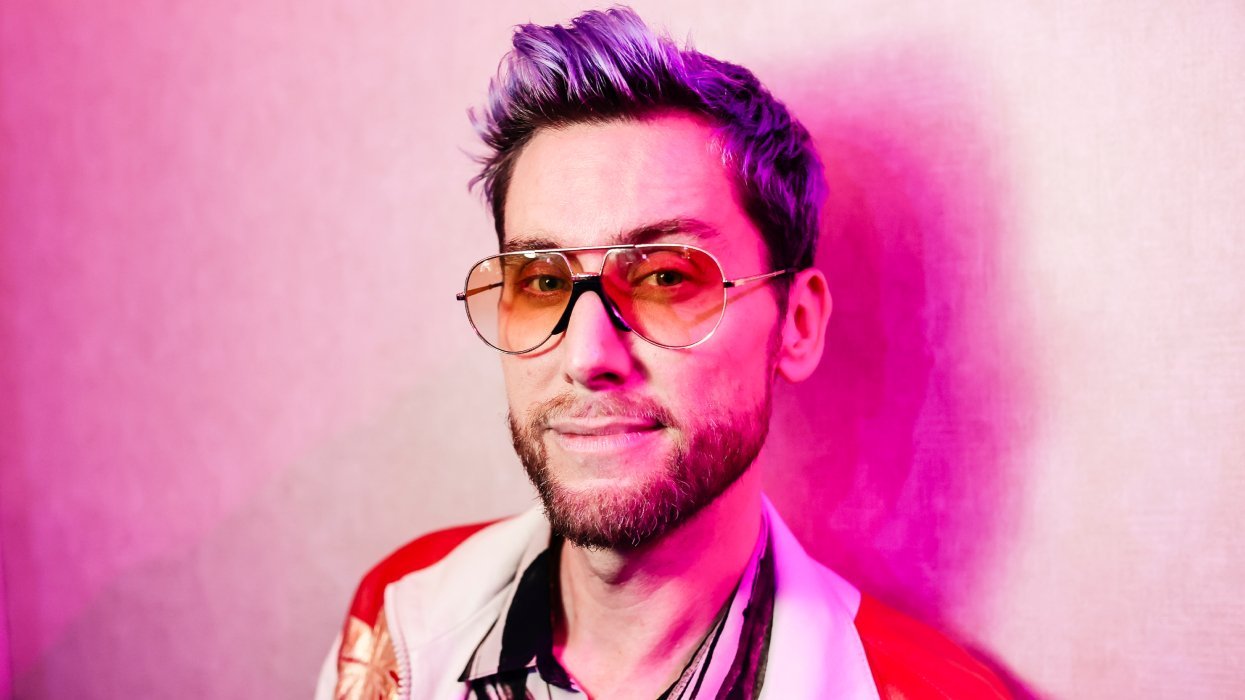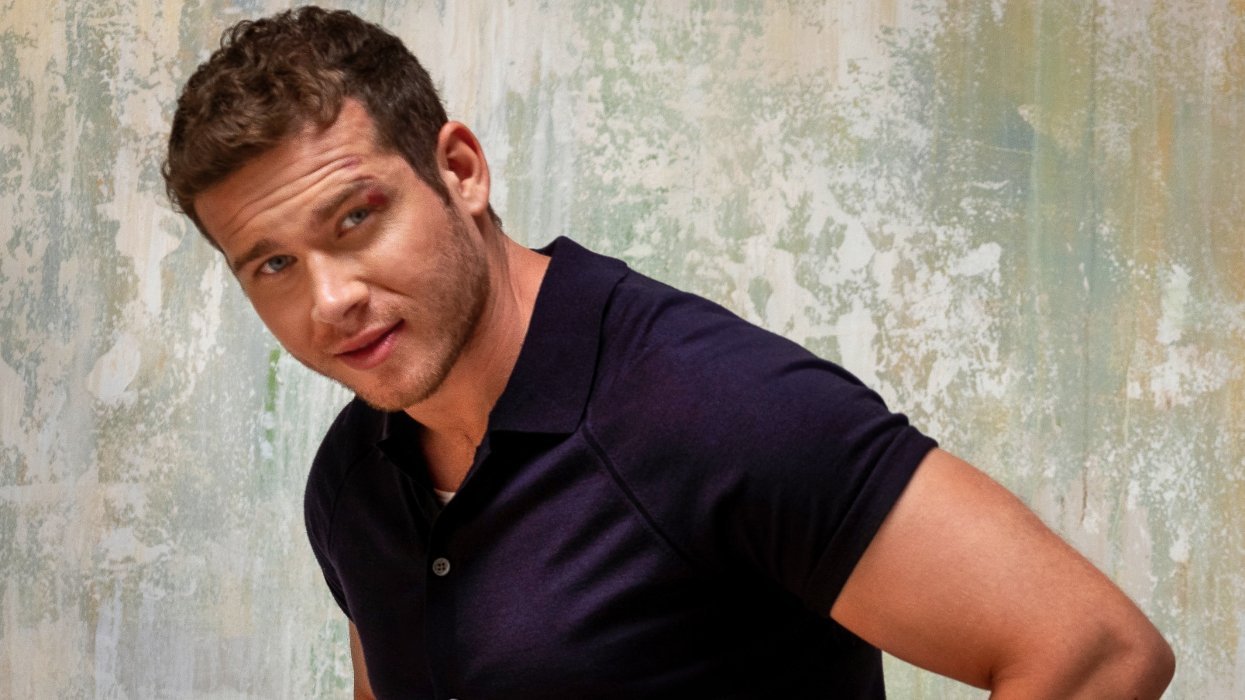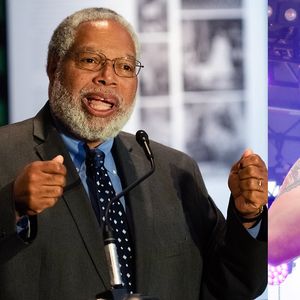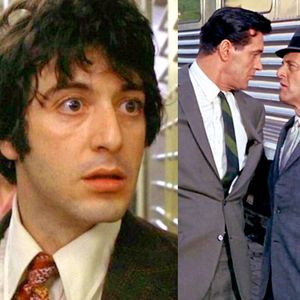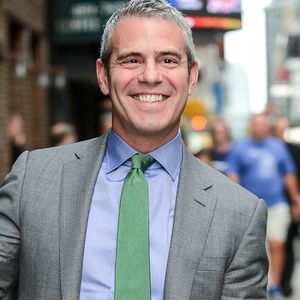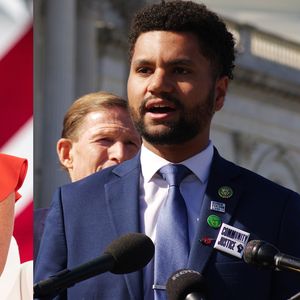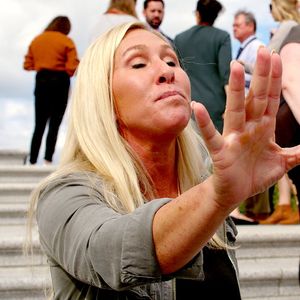Photography by M. Sharkey
It was the start of the 2000s, and a short story I was writing was turning itself into a novel. The desire to write the story, tentatively called "Paul Is Gay," came from hearing about my best friend's other best friend's harsh adolescence as the closeted son of religious parents -- and from nonstop listening to Patty Griffin's "Tony," a song about a gay kid who kills himself. The desire to write the novel, ultimately called Boy Meets Boy, came from wanting there to be a new kind of queer young adult literature. I was happy to be gay, and I wasn't finding very many characters in YA (or any other media) who felt the same way.
What I didn't know as I wrote Boy Meets Boy was that in his corner of the country, Brent Hartinger was working on Geography Club. And in her corner of the country, Julie Anne Peters was writing Keeping You a Secret. Alex Sanchez was kicking off his Rainbow trilogy. Lauren Myracle was penning Kissing Kate. Maureen Johnson was putting the finishing touches on The Bermudez Triangle. James Howe was, to my complete obliviousness, introducing the world to The Misfits. Billy Merrell was about to write his poetry memoir Talking in the Dark. Many writers before us -- Nancy Garden, Jacqueline Woodson, Francesca Lia Block, to name a few -- had battered the dam and weakened it for us. So when our books were published in a wave that crested 10 years ago, the dam couldn't help but break.
One of the many things I learned: Change comes from different people in different places having a similar inspiration and seeing it through.
We wrote the books for ourselves, and we wrote the books for the teenagers who came after us, the teenagers we would never get to be again. There's a great line in "Canon," a poem in Talking in the Dark, where the narrator says of a trip to the library, "You pace by the aisle until it's empty, read that anthology in a safe corner, embarrassed by the cover, though there's really nothing threatening about it. And then there are those first loves: Auden, Doty, Whitman. They say, Here is the world. Here. It's yours and it's all right." We had each, in our way, found this sustenance, but we had largely done it in secret. Now it was time to do it with everybody watching.
It made me sad -- but not really surprised -- when I was touring around in 2003 to find that for some people it was a radical notion to have a happy romantic comedy about two boys. Even some older gay readers were critical of the book for not being realistic, to which I would explain: You don't have to write a book in order to reflect reality. You can also write a book to create reality. Most teen readers, I found, understood this, because they were living their lives to create reality, not merely reflect it.
Another thing I learned: If you want to rewrite the way things are, the first thing you have to do is write.
Tragedy and miserablism are no longer prerequisites for writing queer YA, and our literature is much more honest because of that, since tragedy and miserablism aren't prerequisites for a gay adolescence either (present, certainly -- but not prerequisites). In 2013, I could write a book, Two Boys Kissing, without having any worry whatsoever that its content (with narrators from the gay generation before mine looking at the gay generation after mine) wouldn't have the support of its publisher, or the library community, or teen readers. It's funny to me now to think of the hesitations we in the Class of '03 may have had about our books going out into the world. As with so many things, what once seemed like hopeful thinking now feels beautifully inevitable.
